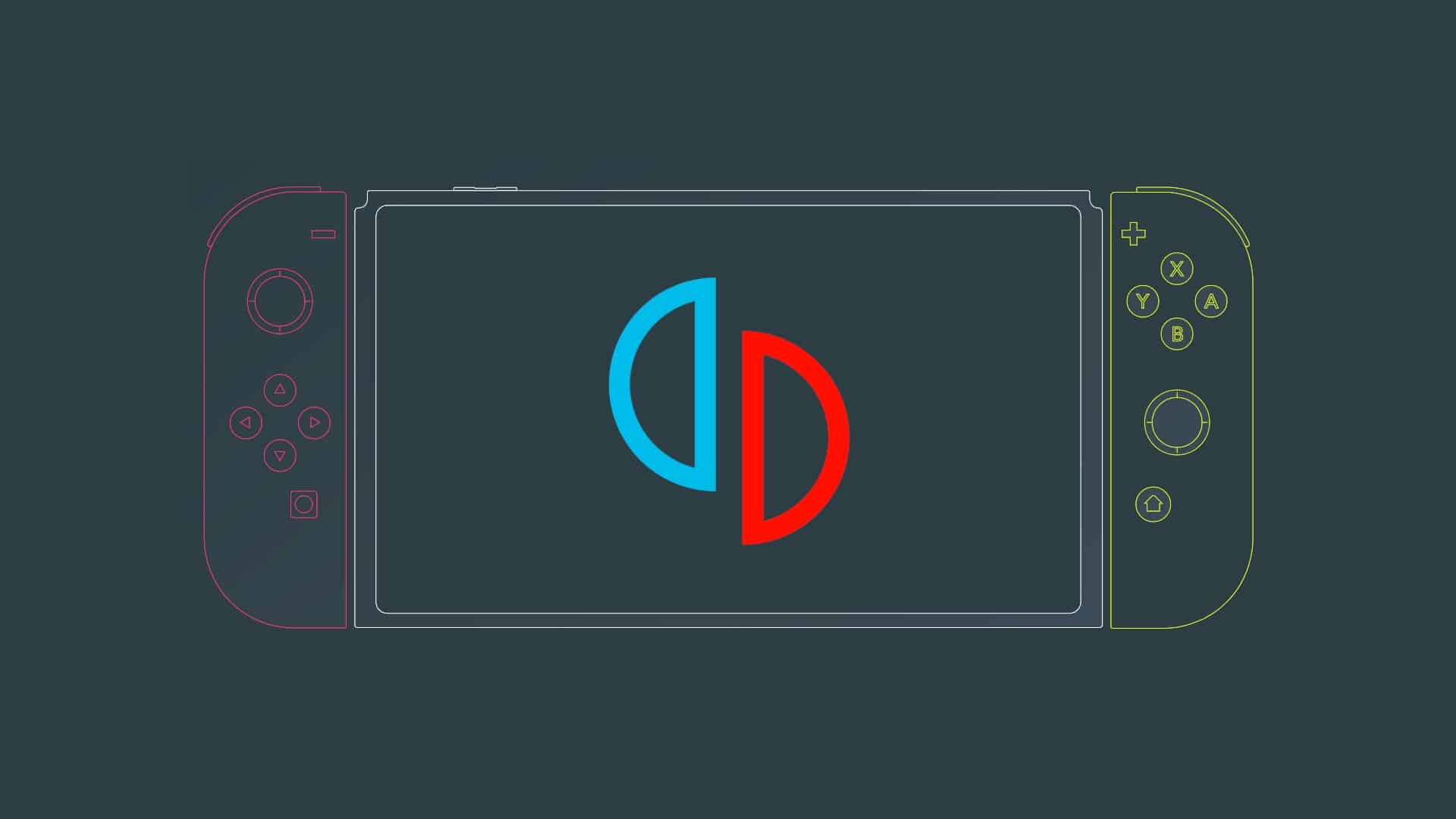
Summary:
Nintendo’s lawsuit against the developers of the Yuzu emulator illuminates the ongoing struggle between copyright holders and emulator creators in the gaming industry. By accusing Yuzu of enabling piracy and circumventing software encryption, Nintendo aims to halt the emulator’s operations and safeguard its intellectual property rights.
This legal action underscores broader questions about the legality of game emulation and the efficacy of copyright enforcement in digital realms. The outcome of this legal dispute has profound implications for both the gaming community and the future landscape of software emulation technology.
Allegations Against Yuzu Emulator
Nintendo’s lawsuit against the creators of the Yuzu emulator is grounded in two primary allegations: copyright violations and piracy facilitation. The lawsuit asserts that Yuzu’s developers knowingly enabled users to download and play Switch games before their official release dates, thereby undermining Nintendo’s copyright protections and potentially leading to financial losses for the company. Additionally, Nintendo accuses Yuzu of bypassing software encryption measures implemented to prevent unauthorized copies of games from being played on non-Switch hardware. These allegations form the basis of Nintendo’s legal action against the Yuzu emulator and its creators.
Legal Actions and Compensation Demands
In response to the alleged copyright violations and piracy facilitated by the Yuzu emulator, Nintendo has taken decisive legal action. The company seeks to shut down the emulator and its associated services, thereby preventing further infringement of its intellectual property rights.
Additionally, Nintendo demands compensation for damages incurred as a result of the emulator’s actions, including potential losses in video game sales and damage to its brand reputation. While the ultimate outcome of the lawsuit remains uncertain, Nintendo’s legal actions send a clear message regarding its commitment to protecting its copyrighted works and combating digital piracy.
Future of Game Emulation and Copyright Protection
The legal battle between Nintendo and the creators of the Yuzu emulator raises important questions about the future of game emulation and copyright protection in the digital age. As technology continues to evolve, new challenges emerge in enforcing copyright laws and preventing piracy. Regulatory bodies must grapple with the complexities of software emulation and its implications for intellectual property rights.
Moreover, stakeholders in the gaming industry must work collaboratively to develop solutions that balance the interests of copyright holders, consumers, and technological innovators. The outcome of this legal dispute will undoubtedly shape the trajectory of game emulation and copyright protection for years to come.
Conclusion
In conclusion, Nintendo’s lawsuit against the developers of the Yuzu emulator serves as a focal point highlighting the ongoing tension between copyright holders and emulator creators within the gaming industry. The allegations of copyright violations and piracy facilitation underscore the challenges faced by companies like Nintendo in protecting their intellectual property rights in the digital age.
The legal actions taken by Nintendo, including demands for compensation and the shutdown of the emulator, signal a firm stance against unauthorized use of its copyrighted works. This lawsuit prompts broader discussions about the legality of game emulation and the effectiveness of current copyright enforcement mechanisms in digital realms.
Moving forward, the outcome of this legal dispute will undoubtedly influence the future landscape of game emulation technology and copyright protection. It calls for collaborative efforts among stakeholders in the gaming industry to address the complex issues surrounding intellectual property rights, consumer interests, and technological innovation. Ultimately, the resolution of this case will set precedents that shape the direction of copyright enforcement and digital innovation in gaming for years to come.
FAQs
- 1. Is using game emulators like Yuzu legal?
- While the legality of game emulation varies depending on jurisdiction and specific circumstances, using emulators to play games without proper authorization from copyright holders can constitute copyright infringement. Additionally, some emulators may circumvent digital rights management (DRM) measures, further complicating their legal status.
- 2. What are the potential consequences of using game emulators for piracy?
- Using game emulators for piracy can have significant legal and financial consequences. Copyright holders, such as Nintendo, may pursue legal action against individuals or entities involved in distributing or using emulators to facilitate piracy. Penalties for copyright infringement can include fines, injunctions, and civil damages.
- 3. How do copyright holders like Nintendo protect their intellectual property rights against emulators?
- Copyright holders employ various strategies to protect their intellectual property rights against emulators, including implementing software encryption, pursuing legal action against emulator developers and distributors, and advocating for legislative measures to strengthen copyright enforcement.
- 4. What role do software encryption measures play in preventing piracy?
- Software encryption measures, such as those implemented by Nintendo to protect its Switch games, are designed to prevent unauthorized copying and distribution of copyrighted works. These measures encode game data in a way that can only be decrypted and accessed by authorized hardware, such as the Switch console, thereby deterring piracy and unauthorized emulation.
- 5. How might the outcome of Nintendo’s lawsuit against Yuzu emulator impact the gaming community?
- The outcome of Nintendo’s lawsuit against the Yuzu emulator could have far-reaching implications for the gaming community, including potential changes to the legality and accessibility of game emulation, enforcement of copyright laws, and the development of future emulator technologies. Additionally, the lawsuit may influence consumer attitudes toward piracy and copyright infringement in the gaming industry.













